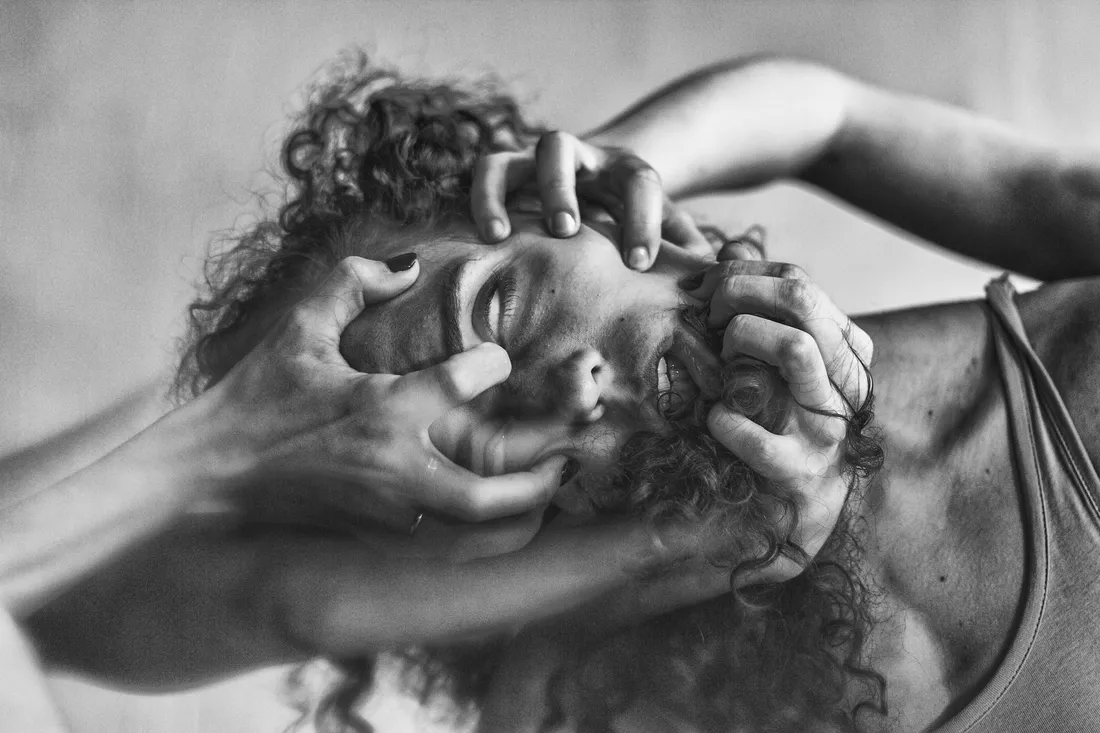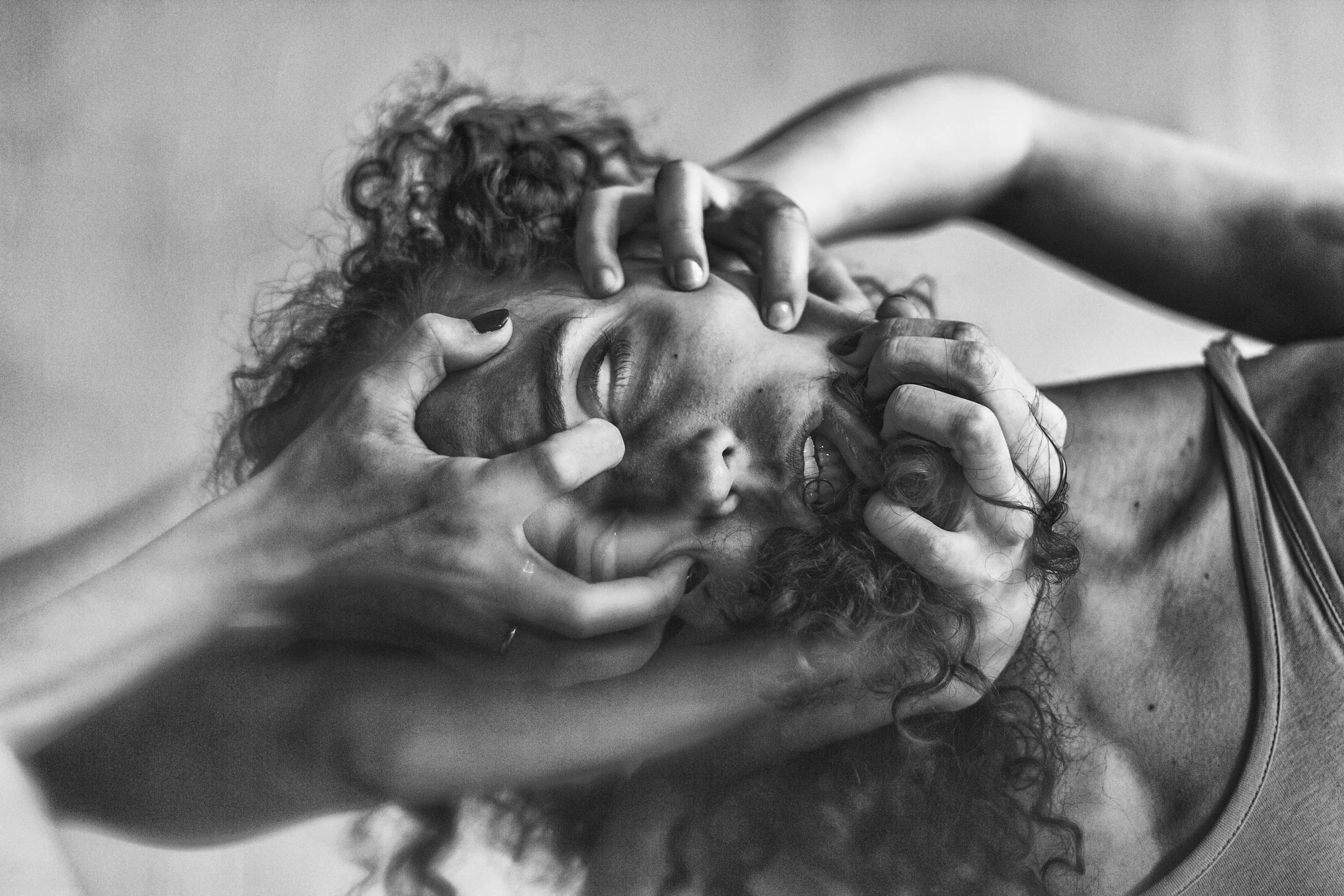SOAPBOX: Complain about the media all you like - art's the problem!
Written by


It’s no secret that New Zealand theatre has its problems. The Fortune’s gone bust, others may be in shallow water and the current age of touch-screens and shared content makes the practice of sitting in a room watching actors on a stage seems ever more quaintly old fashioned. Today, New Zealand theatre is fast becoming invisible.
Lots of people blame the media, grizzling about the unfair balance of the arts versus sport. Maybe. But for better or worse, the media simply reflects the interests of its consumers.
The media is not the problem. Theatre is the problem.
If the arts really want to be sport, maybe they should act like sport. That’s a hard ask. Sport makes difficult things look easy, while art often likes to complicate the everyday. Sport is really good at unifying people, aggregating a gigantic pyramid with grassroots communities and local clubs feeding regional teams and national teams sitting astride entire populations. The media love it.
Not so theatre. The media is not the problem. Theatre is the problem. Theatre is a complex maze of different and even conflicting interests. And whether we like it or not, the vast majority of the General Kiwi Public still tends to regard it as either an elitist pastime, an interest for the kids after school, or - at best - yet another passive entertainer.
In a cruel paradox, the passions that drive theatre also fuel the silos, and are an outcome of them, too.
In a word, theatre is siloed. A small group producing a rock and roll theatre show in the South Island has nothing in common whatsoever with a fringey improv company based in Wellington. Everything is different, from their motivations to their goals, resources, aspirations and audiences.
In a cruel paradox, the passions that drive theatre also fuel the silos, and are an outcome of them, too. The urban crews doing fringe shows positively rail against the likes of suburban community groups, who harbour a mutual disdain for anything with the slightest whiff of experimentation.
What the vast panoply of New Zealand theatre forms share, however, is a love for theatre: getting into rooms with actors on stage.
With that in mind, Roger Hall called me up 18 months ago, with the suggestion that he and I could - and should - put together New Zealand Theatre Month. We both saw in New Zealand theatre a reflection of the complex and diverse national character, and something of which every Kiwi could be justly proud.
Great dream, I thought. But when I put my marketing hat on and considered the task ahead, it soon became clear that the product was kind of invisible. What is it, I pondered. The reality is, there are many, many different types of ‘NZ theatre’ with no single voice amplifying and unifying them.
Do we try and emulate sport, and simply choose the biggest and the best and promote its socks off? Not unless the All Blacks of Theatre is anyone’s idea of a good time.
Even so-called ‘committed’ theatre audiences mirror the divisions, possibly even more so than the practitioners. Some like drama, others prefer improv or comedy and many go for something they can hum on the way home. As a unified entity, however, NZ theatre is simply invisible.
Which is a crying shame: when you consider the number of people involved, that voice should be deafening. Consider the month of September. By our reckoning, there’ll be about 130 unique productions or events, involving well north of 600 separate performances. Each show involves creative teams, casts and crews. There are board members and bar staff, cleaners and carpenters, truckies and techies, ticket sellers and ticket takers, publicists and videographers. And that’s before the audience numbers are added.
So how DO we amplify that voice? Do we try and emulate sport, and simply choose the biggest and the best and promote its socks off? Not unless the All Blacks of Theatre is anyone’s idea of a good time. The diversity of our theatre is its very strength: the many different types, forms and styles of NZ theatre, and their correspondingly different audiences. All need nurturing and embracing, albeit in different ways.
Make the other show your experiment. Be the person who wouldn’t normally go ... At worst, you’ll have your own mighty opinion justified.
So here's a challenge to the thousands of people who’ll get in a room with an actor this month.
This September, New Zealand Theatre Month, go to two shows. Make one of them your darling. You know this show. You might know the people in it. You’ve seen their work, or you’ve worked with them, you know all about it. Take someone with you who wouldn’t normally go to the theatre. Share the love.
Make the other show your experiment. Be the person who wouldn’t normally go. Take someone with you to this one, too. At worst, you’ll have your own mighty opinion justified. At best, you’ll discover something new. And whatever happens, you’ll have done your bit to break down a barrier between silos.
And maybe, just maybe, you’ll find that being in a room with an actor on a stage - even a rubbish actor - can be more fascinating, challenging and rewarding than a night scanning imported stories with plastic stars on a streaming service from far away.
You can take Malcolm up on his challenge here, at theatremonth.nz.
Malcolm Calder is attempting - with limited success - his retirement from managing and directing some of Australia and New Zealand's major theatres and arts organisations. He has been arguing about theatre with Roger Hall since 2005.